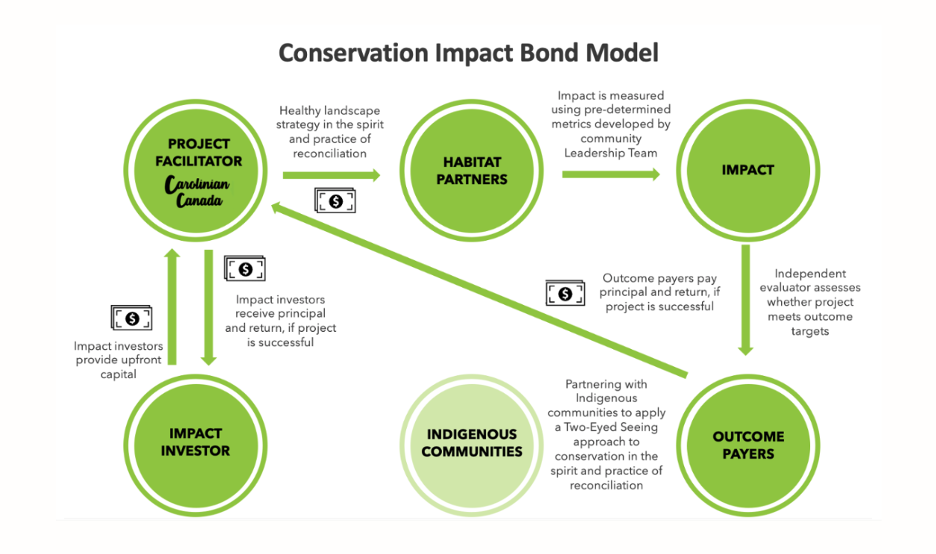
by Isabel Carlisle | Sep 7, 2022 | Learning series
Deshkan Ziibi Conservation Impact Bond model (source DZCIB Story Map) Part 3 of Bioregions as a Framework of Value This is the third and last in our series of blogs that explore landscape-scale regeneration and how it can be accelerated. It is also a synthesis of our...
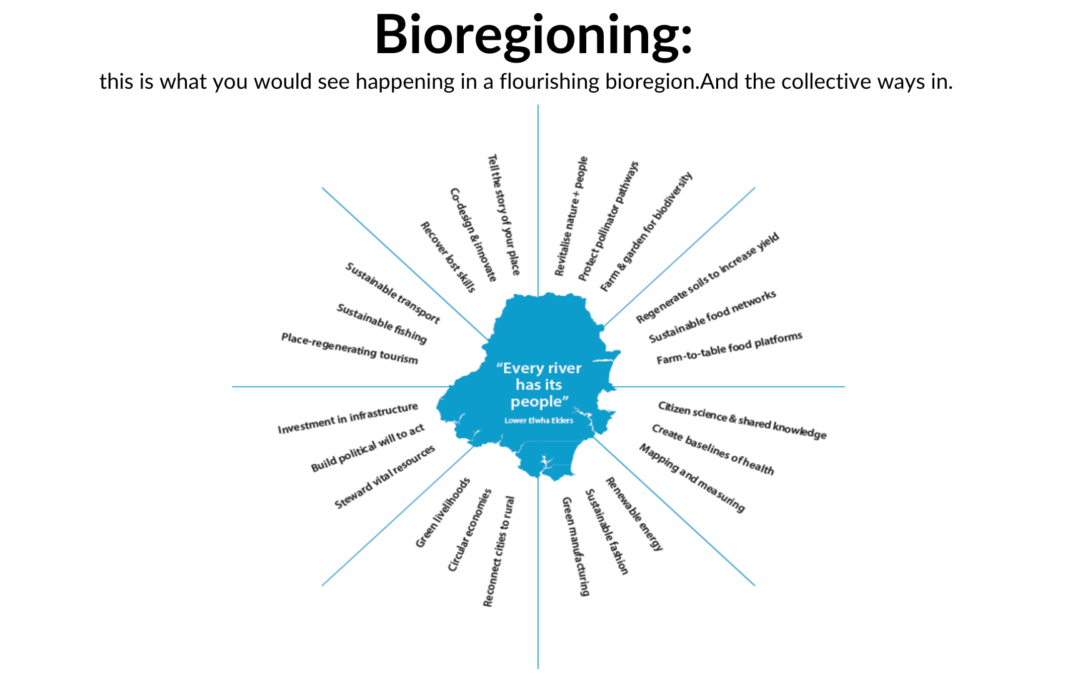
by Isabel Carlisle | Jun 7, 2022 | Learning series
Fig 1. An example map showing indicators to track towards regenerative goals. Drawn from work by the Bioregional Learning Centre, Devon. Part Two of Bioregions as a Framework of Value In our last blog — a survey of our current climate change predicament and the role...

by Isabel Carlisle | May 17, 2022 | Learning series
Source: Statistica That we live in a world of momentous upheaval and rapid change is not news. What is unprecedented is the scale to which climate change is upending long-held assumptions about how our societies and economies function, including our geo-political...
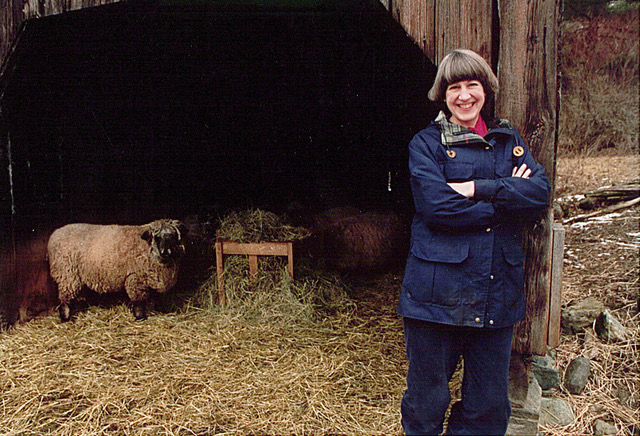
by Isabel Carlisle | Feb 2, 2022 | Learning series
The bioregional vision of Donella (Dana) Meadows has been a guiding one for the Bioregional Learning Centre in South Devon. To mark our five-year anniversary we are publishing it here for the first time, with permission from the Academy for Systems Change that...
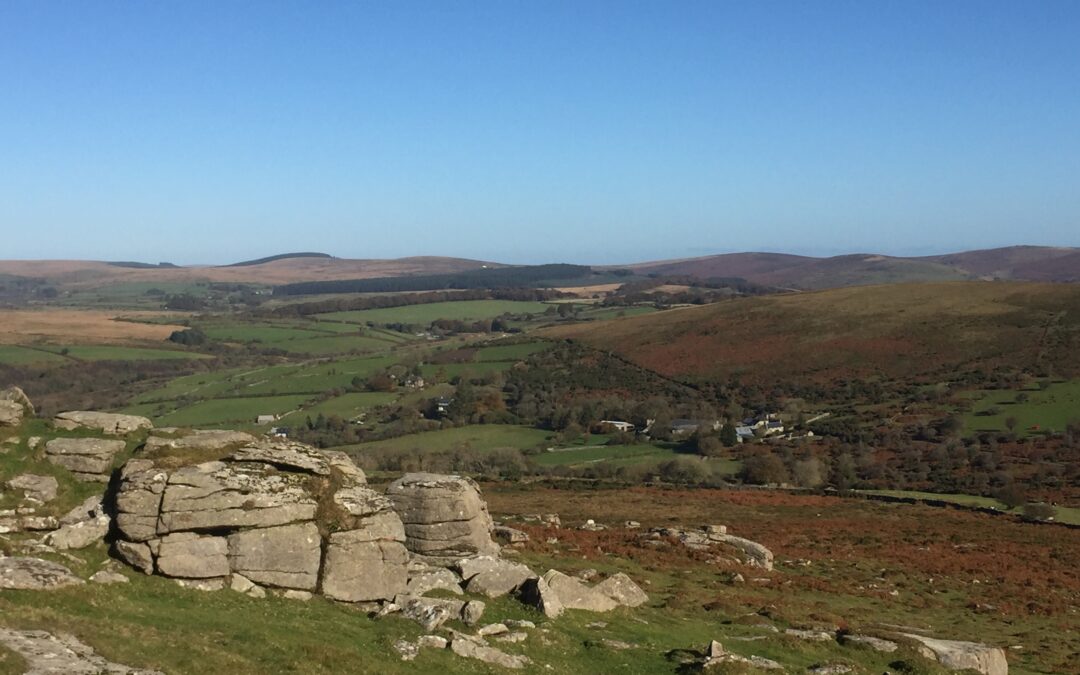
by Isabel Carlisle | Dec 14, 2021 | Learning series
The challenges that we face as a species today are systemic and global: think climate change, species extinction, failing freshwater resources, pandemic. At bioregional scale the response is systemic and local. An easy thing to say but not so easy in do in practice....
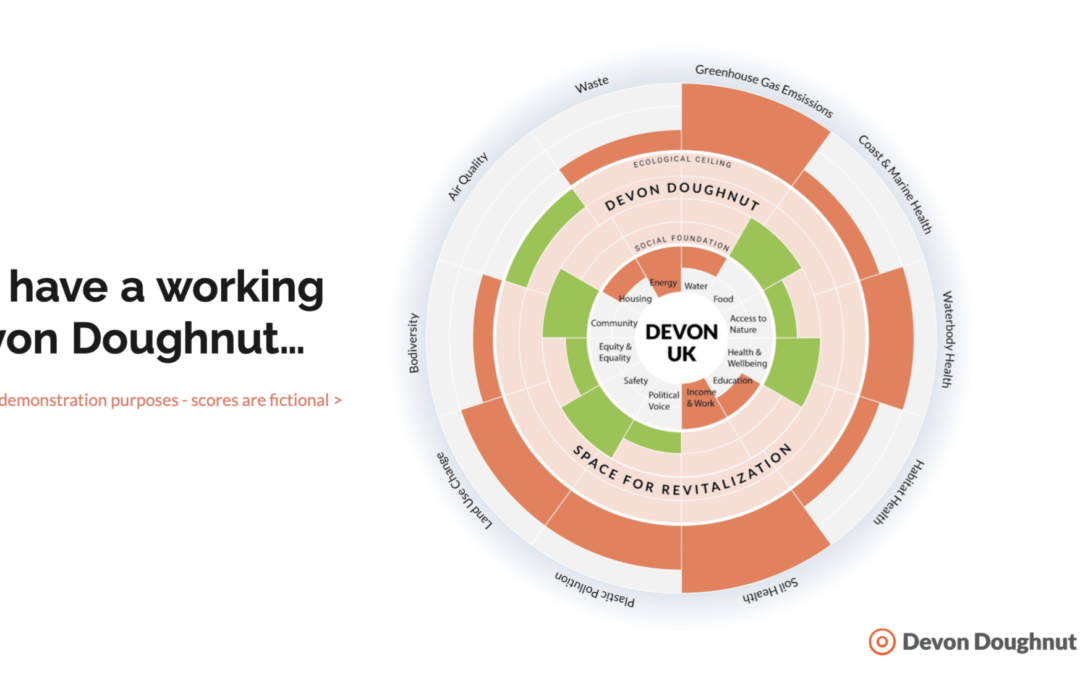
by Isabel Carlisle | Nov 29, 2021 | Learning series
Doughnut Economics, advocated by Kate Raworth, is a brilliant model that makes visible just how intertwined natural global systems (such as water or biodiversity) are with the social foundations of our societies. Designing an operating system for the Doughnut that...







